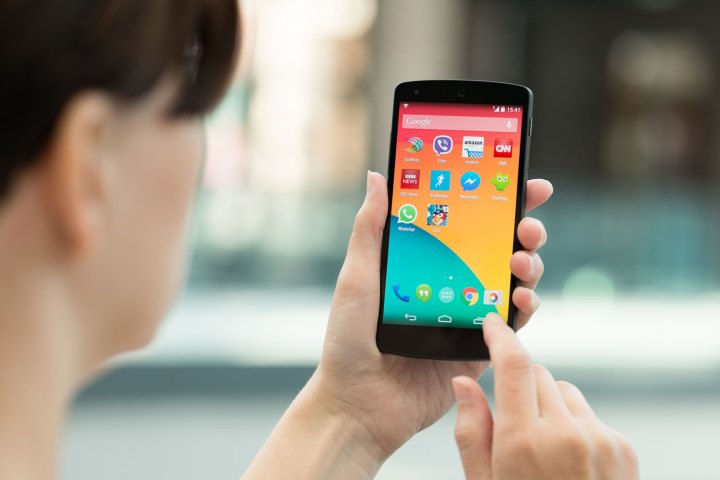
Forums were initially set up for Project Astoria, the codename for its Android app porting initiative. According to Windows Central, the forums are now ghost towns. It also appears that Microsoft removed the Android subsystem from its final version of Windows 10 Mobile. This subsystem is what enabled ported
Microsoft’s Windows Phone has failed to gain a wider audience because of a lack of developer support, and this porting initiative could have changed that. On the plus side, Microsoft will continue to move forward with iOS app porting, which will be a big help. The iOS solution is different in that developers can create universal apps with more control that will work across tablets, PCs, and phones, while Android developers would only need to make minimal changes to existing apps.
An interesting thing to note is that Microsoft’s original plan was to implement app porting for only iOS, but the company added Android since it would allow for a much wider selection of apps. It’s still possible that Microsoft will bring back
“We’re committed to offering developers many options to bring their apps to the Windows Platform, including bridges available now for Web and iOS, and soon Win32. The Astoria bridge is not ready yet, but other tools offer great options for developers. For example, the iOS bridge enables developers to write a native Windows Universal app which calls UWP APIs directly from Objective-C, and to mix and match UWP and iOS concepts such as XAML and UIKit. Developers can write apps that run on all Windows 10 devices and take advantage of native Windows features easily. We’re grateful to the feedback from the development community and look forward to supporting them as they develop apps for Windows 10.”
This leads us to believe that Microsoft has dropped Android porting for at least the near future. Will this hurt Windows Phone? Only time will tell, but you have to believe that continuing to provide iOS developers an option would likely give Windows Phone the boost that it so desperately needs.
Editors' Recommendations
- This Android phone is so bad I couldn’t review it
- An Android phone you haven’t heard of just won the charging game
- Microsoft Edge is slowly becoming the go-to browser for PC gamers
- Surface Pro 10 and Surface Laptop 6 have arrived — with a catch
- I thought I’d hate this cheap Android phone. It proved me wrong


